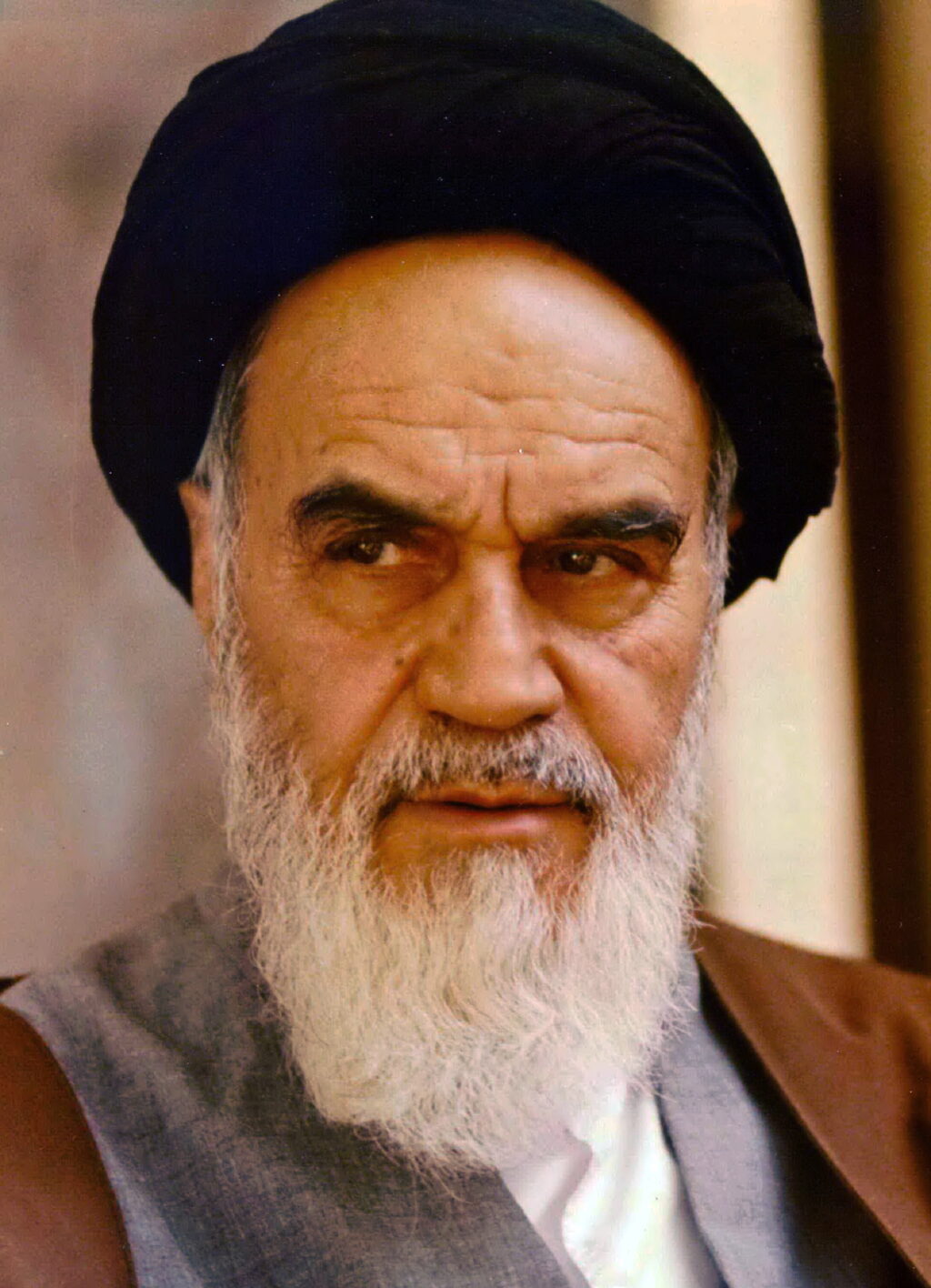
Introduction
The term ‘Ayatollah’ refers to a high-ranking cleric in Iran, holding significant religious and political power. Ayatollahs are crucial figures in the Islamic Republic of Iran, influencing both spiritual leadership and government policies. The importance of understanding the role of Ayatollahs is underscored by their impact on Iran’s political landscape, particularly in light of recent events concerning domestic governance and regional stability.
Historical Context
Ayatollahs gained prominence during the Iranian Revolution of 1979, which led to the establishment of the Islamic Republic under the leadership of Ayatollah Ruhollah Khomeini. This event marked a pivotal shift in Iranian society and governance, where Ayatollahs became key arbiters of power, blending religious authority with state responsibility. Today, the title is typically granted to those who have demonstrated extensive knowledge of Islamic law and theology, often after years of study and religious scholarship.
Current Influence and Events
In recent weeks, there has been heightened attention on the actions and statements of current Ayatollahs in Iran, particularly Ayatollah Ali Khamenei, who serves as the Supreme Leader. With ongoing civil unrest and protests sparked by economic hardships and human rights issues, the Ayatollah’s responses to these events are crucial. Reports indicate that the government’s approach toward reform and engagement with the international community are shaped heavily by Khamenei’s directives.
Furthermore, the Ayatollahs’ influence extends beyond domestic borders, as their decisions can have ramifications for geopolitical relations, especially regarding Iran’s stance on Israel and Saudi Arabia, and their involvement in regional conflicts such as in Syria and Yemen. The recent drone strikes attributed to Iranian proxies in the Middle East have also drawn attention to how Ayatollahs endorse military engagement amidst increasing tensions with Western nations.
Conclusion
The role of Ayatollahs in Iran remains a double-edged sword; they are seen as both custodians of Islamic values and powerful political leaders. As Iran is at a crossroads, the decisions made by Ayatollah Khamenei and other clerics will be significant in determining the future path of the nation. As the Iranian populace continues to call for reforms and social change, the interpretations and teachings of Ayatollahs could either facilitate progress or reinforce the status quo. Understanding this dynamic is vital for observers and stakeholders interested in Iran’s socio-political evolution.



